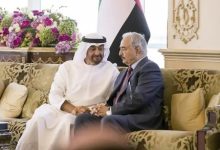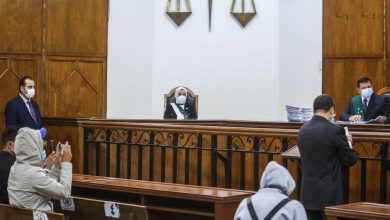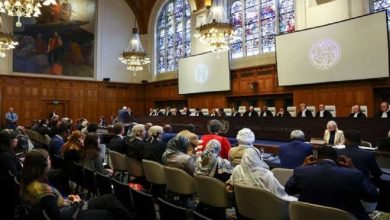Western Governments Face Criticism Over UAE’s Alleged Support in Sudan Conflict
Calls for Accountability Intensify Amid Accusations of Arms Supplies to Sudanese Paramilitary Groups.
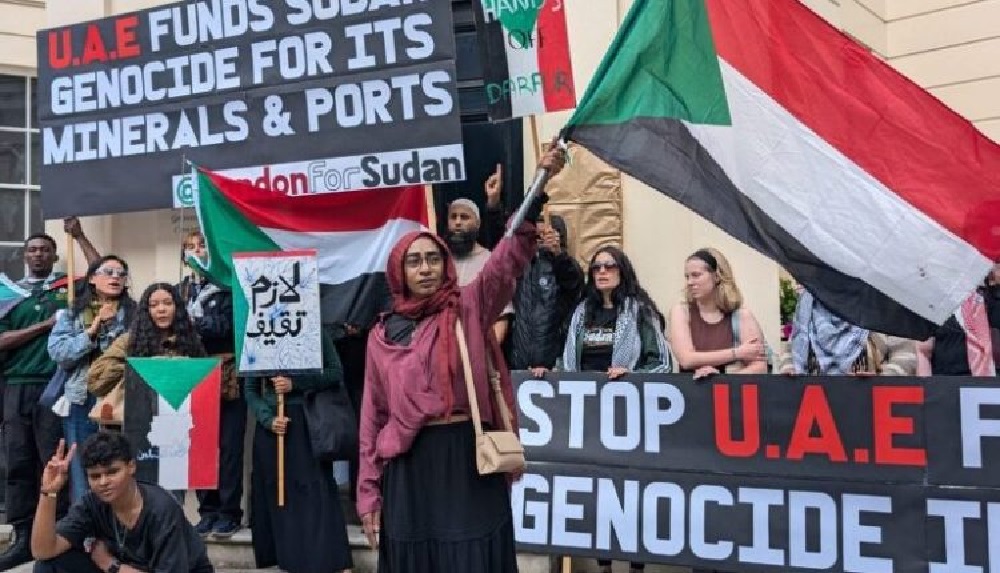
Watan-Western governments are facing increasing embarrassment and widespread criticism over their relationships with the United Arab Emirates (UAE) and their inaction regarding Abu Dhabi’s support for the civil war in Sudan, which has facilitated the commission of horrific war crimes against civilians.
A recent example involves British Foreign Secretary David Lammy, who faced criticism and was questioned about the United Kingdom’s ties to the UAE and its silence on the UAE’s involvement in the Sudanese crisis.
Lammy recently visited Adré, a Chadian border town now hosting over 230,000 Sudanese refugees, where he launched an appeal titled “We must not forget Sudan.”
The war between the Sudanese Armed Forces and the paramilitary Rapid Support Forces (RSF) has been ongoing since April 2023, leading to the displacement of more than 11 million people and an unknown number of deaths, possibly reaching up to 200,000.
Western involvement in diplomatic efforts to end the war has been either unsuccessful or minimal. Cameron Hudson, a former U.S. State Department official, stated, “Britain, once the colonial power, has been completely absent from Sudan.”
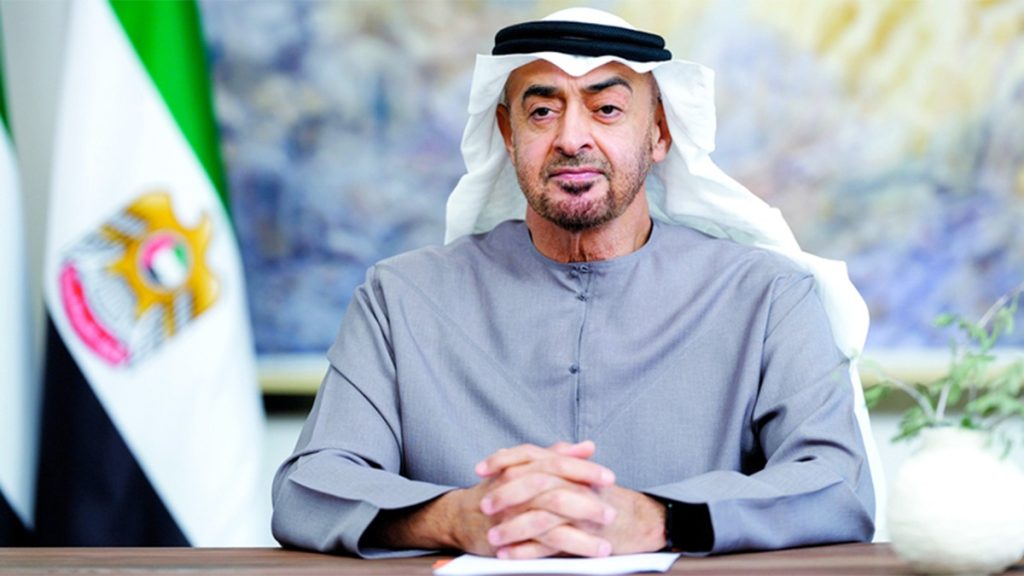
Lammy’s visit to Chad was the first ever by a British Foreign Secretary.
During the visit, he met with Chadian leader Mahamat Déby in the capital, N’Djamena, and announced an additional £20 million in funding for Sudan, bringing total British aid to £226.5 million as of November.
However, Lammy’s attempts to focus attention on Sudan opened the door to uncomfortable questions about the UAE, a key British ally.
Upon his return to the UK, Lammy was questioned in Parliament by left-wing MP Zarah Sultana, who called on the government to end arms sales to the UAE until it is confirmed that they are no longer arming the RSF.
Sultana presented a report on the “weapons and support” provided by the UAE to the RSF, noting that Abu Dhabi “is one of the largest purchasers of UK arms, with defense export licenses worth billions of dollars in recent years.”
According to a report by Middle East Eye, this failure to directly address the UAE’s role in Sudan is not new, either in Britain or the United States.
Extensive reports have detailed the networks used by the UAE to support the RSF, which human rights groups and now the U.S. government say are committing acts of genocide.
In December, before leaving office, White House official Brett McGurk stated that the UAE had promised to stop supplying the RSF—a tacit acknowledgment that it had done so—but the supply continued.
When Lammy made his first official visit to the UAE in September, the UK briefing mentioned “cooperation in clean energy and artificial intelligence, and close coordination on regional security and humanitarian issues,” but not Sudan.
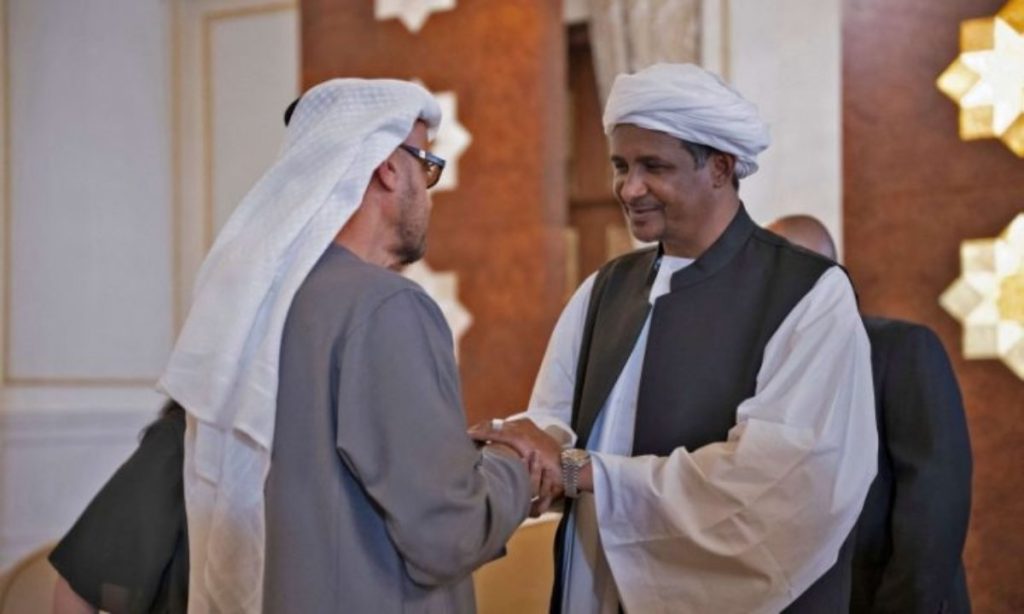
The British government has faced severe criticism for preferring to focus on attracting financial investments from the UAE rather than confronting Abu Dhabi’s policy of spreading wars and civil conflicts.
Kholood Khair, a Sudanese analyst and director of Confluence Advisory, stated, “Geostrategic realities still play a role, and Western politicians remain too afraid, unprepared, unwilling, or lacking the imagination and courage to deal with this in a meaningful way, while maintaining some of those important relationships.”
She added, “The lives of Sudanese people should not be sacrificed on the altar of geostrategic relations between Washington and Abu Dhabi or London and Abu Dhabi.”


